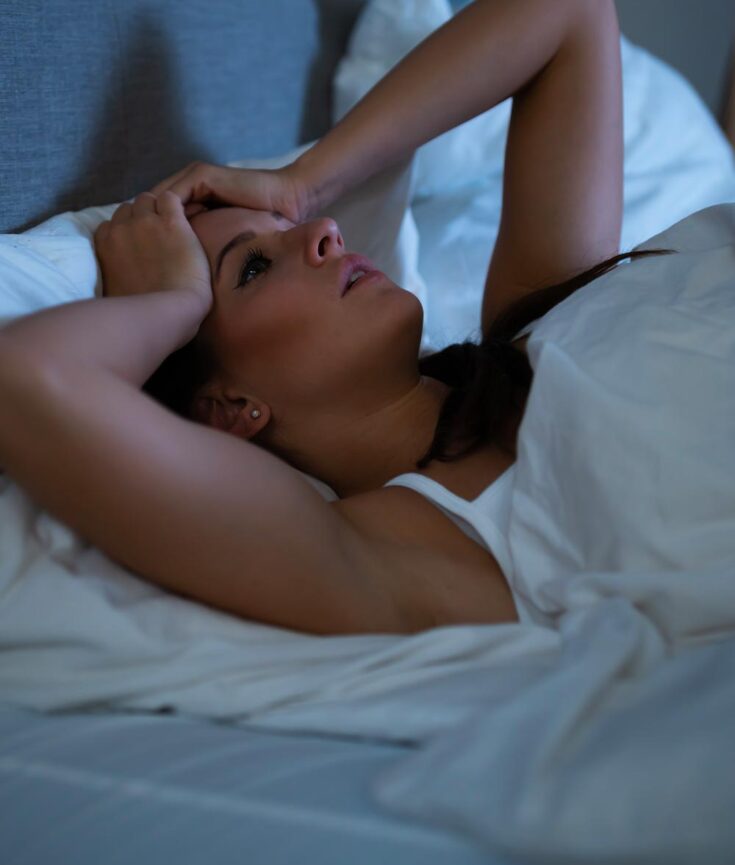Whether you’re on the road to recovery yourself or supporting a friend and family member on their journey, knowledge is power when it comes to addiction. One lesser-known challenge of recovery is sleep disturbance, here we’ll talk you through what happens, why it happens, and how you can find support.
Excerpt taken from article on myslumberyard.com
For the estimated 21.7 million people each year who seek substance use treatment, the journey is long and full of challenges. As many people in recovery know, the path forward typically involves mild to severe interruptions in your sleeping patterns. We’ll walk you through the science behind why, and provide strategies and resources to support you along the way. For those who are supporting a friend or family member through recovery, this insight can be invaluable in understanding what’s going on in your loved one’s life right now.
In this article:
- Sleep Problems and Relapse
- How Does Recovery Impact My Ability to Sleep?
- Alcoholism Recovery and Insomnia
- Drug Addiction Recovery and Insomnia
- Strategies for Sleeping
- What Loved Ones Need to Know (+Printable Resource Guide)
Recovery and Sleep
There are multiple links between recovery and sleep disturbances. For one, those in recovery have increased sleep disturbances, which seems to be a commonly shared experience regardless of the substances they used before recovery took place.
Individuals who are in recovery may also have previously found drug and alcohol use helpful in treating underlying sleep problems due to the sedative effects of substances like alcohol and cannabis. The Drug and Alcohol Center and the Cleveland Clinic conducted a survey completed by those admitted for substance abuse treatment. The study focused on sleep behaviors and found that 46% of alcoholic patients who were surveyed used substances to help them medicate their sleep patterns. By taking that substance away, the body is forced to reach sleep in different ways, which can result in issues like weird dreams, rapid limb movements, and or insomnia.
As we’ll discuss in this article, sleep disturbances during recovery can also increase the risk of relapse. The experience of sleep deprivation can be so difficult that some may turn back to their original substances to find reprieve.

